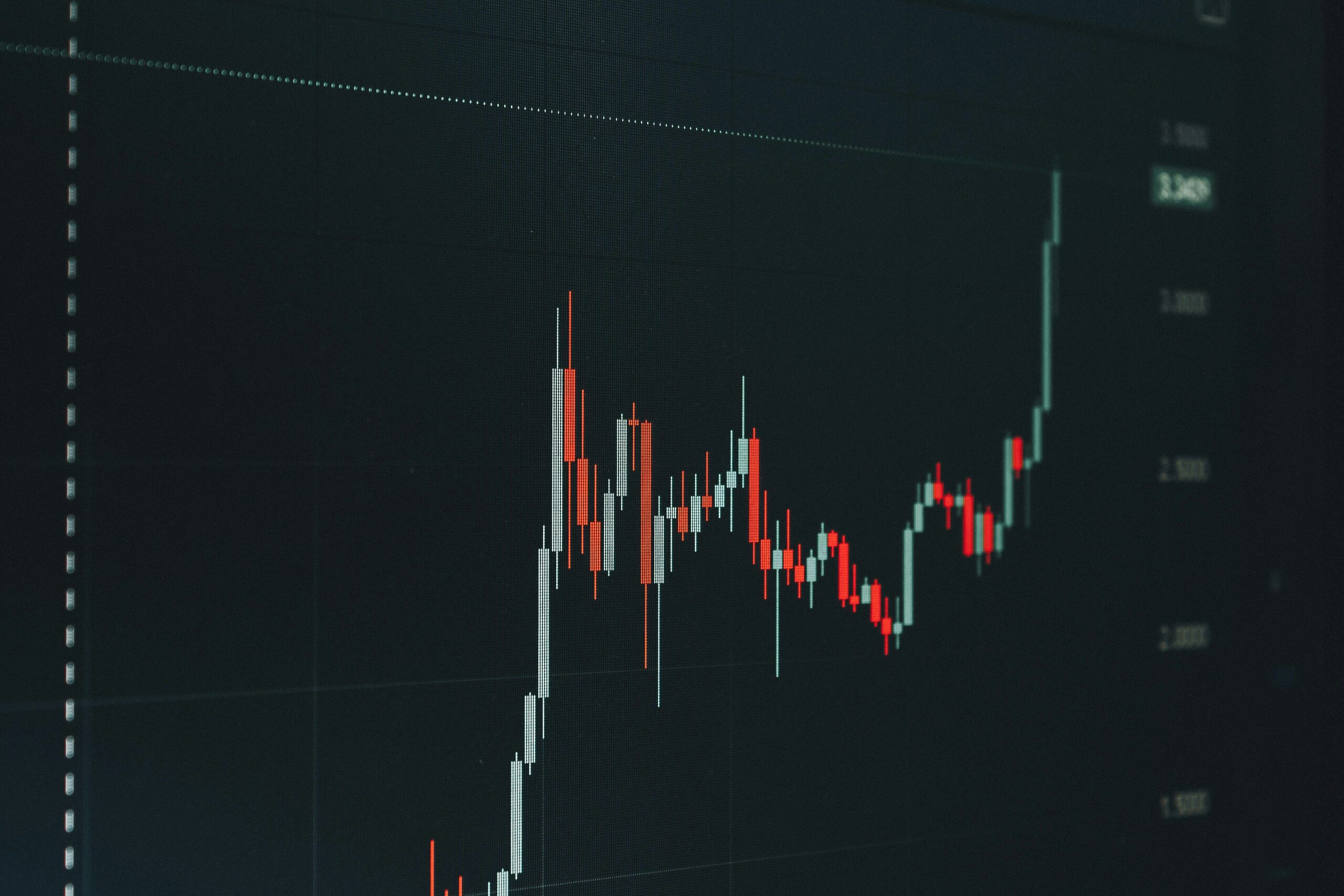Stocks vs. Crypto: A Comparative Guide
The rise of cryptocurrencies over the past decade has sparked an intense debate: should investors allocate capital to traditional stocks or venture into the digital-asset space? Both markets offer unique opportunities, but they differ markedly in structure, risk profile, and long-term outlook. This article examines the key similarities and contrasts between stocks and cryptocurrencies to help you make a more informed investment decision.
Market Fundamentals🏦
-
Stocks represent fractional ownership in a company. When you buy shares, you become a partial stakeholder, entitled to dividends (if paid) and voting rights (in many cases). Companies issue stock to raise capital for expansion, research, or debt repayment.
-
Cryptocurrencies are digital tokens secured by cryptography, often built on decentralized blockchain networks. They can serve as payment methods (e.g., Bitcoin), utility tokens within a platform (e.g., Ethereum gas), or speculative assets. Unlike stocks, cryptocurrencies do not confer ownership in a business.
Trading Hours & Accessibility⏰
-
Stocks typically trade during exchange hours: for example, the New York Stock Exchange is open from 9:30 AM to 4:00 PM Eastern Time on weekdays. After-hours trading exists but can have lower liquidity and wider spreads.
-
Cryptocurrencies trade 24/7 on global exchanges. This around-the-clock accessibility enables rapid reaction to news but can also magnify emotional trading and sudden price swings.
Liquidity & Market Depth💧
-
Large-cap stocks (e.g., Apple, Microsoft) generally enjoy deep order books and tight bid-ask spreads, making it easy to execute large orders with minimal market impact.
-
Major cryptocurrencies like Bitcoin and Ethereum also have high liquidity, but smaller “altcoins” may suffer from thin markets, leading to slippage and volatile order-execution prices.
Volatility & Risk Profile📉
-
Stock volatility varies by company and sector. Blue-chip stocks often exhibit annualized volatility around 15–25%, while small-cap or biotech firms can exceed 40%.
-
Cryptocurrency volatility is typically much higher. Bitcoin’s annualized volatility has ranged between 60–100% in recent years; many altcoins exceed 100%, making them suitable only for risk-tolerant traders.
Regulatory Environment⚖️
-
Stocks operate in a mature regulatory framework. In the U.S., the Securities and Exchange Commission (SEC) enforces disclosure requirements, insider-trading laws, and market-manipulation rules. Investor protections include margin limits and insured brokerage accounts.
-
Cryptocurrencies exist in a patchwork of regulations. Some jurisdictions treat them as commodities (e.g., CFTC in the U.S.), others as securities, and many still lack clear rules. This regulatory uncertainty can create both opportunities (innovation) and pitfalls (fraud, exchange closures).
Security & Custody🔒
-
Stock ownership is recorded via centralized brokers and clearinghouses. While broker failures can occur, client assets are typically segregated and protected (e.g., SIPC insurance in the U.S.).
-
Cryptocurrency custody is decentralized: you hold private keys in wallets. This grants full control but places responsibility on you to secure your keys. Hacks, lost keys, or exchange insolvencies can result in total asset loss.
Investment Horizon & Strategies📈
-
Long-term investors in stocks often rely on fundamental analysis: evaluating earnings growth, dividends, and competitive moats.
-
Crypto investors may combine technical analysis (on-chain metrics, network activity) with macro-themes (DeFi growth, NFT adoption). Many treat crypto as a thematic play on decentralized finance or digital scarcity.
Advantages & Challenges
| Aspect | Stocks | Cryptocurrencies |
|---|---|---|
| 🔍Transparency | Mandatory financial reporting | Open-ledger, but project disclosures vary |
| 🔢Fractional | Buying fractional shares now common | Many tokens inherently divisible |
| 💰Income Streams | Dividends, buybacks | Staking rewards, yield farming |
| ⚙️ Infrastructure | Established brokers, derivatives, ETFs | Rapid innovation, 24/7 DEXs, CeFi |
| 🛡️Custody Risk | Low (insured accounts) | High (self-custody risks) |
| 📜Regulatory Clarity | High | Low to medium |
Conclusion & Next Steps🚀
Stocks and cryptocurrencies each occupy a distinct niche in the modern investment landscape. Stocks offer more predictable cash flows, robust regulation, and established infrastructure—ideal for investors seeking steadier returns and income. Cryptocurrencies, by contrast, present high-growth potential, innovative use cases, and the thrill of a new asset class, albeit with far greater risk and regulatory uncertainty. Ultimately, the choice depends on your risk tolerance, time horizon, and belief in blockchain technology’s future. A balanced portfolio might combine both: the stability of equities with a well-sized crypto allocation for diversification and growth.
Ready to ride the crypto wave?
- 🚀 Bybit
A versatile platform for spot trading, perpetual futures, and options on leading cryptocurrencies—all with up to 100× leverage and 24/7 deep liquidity. Sign up and unlock exclusive bonuses here: Bybit - 🔥 OKX
Global exchange offering spot, futures, options, and DeFi services. Industry-leading security, fast execution, and staking products. Sign up to unlock special rewards: OKX - 🎯 Bitget
Leading derivatives exchange with perpetual futures, options, and margin up to 125× leverage. Copy-trading and social pool liquidity. Sign up for fee rebates and bonuses: Bitget
Inbox Insights
Subscribe for weekly market updates, expert strategies, and in-depth analysis.





